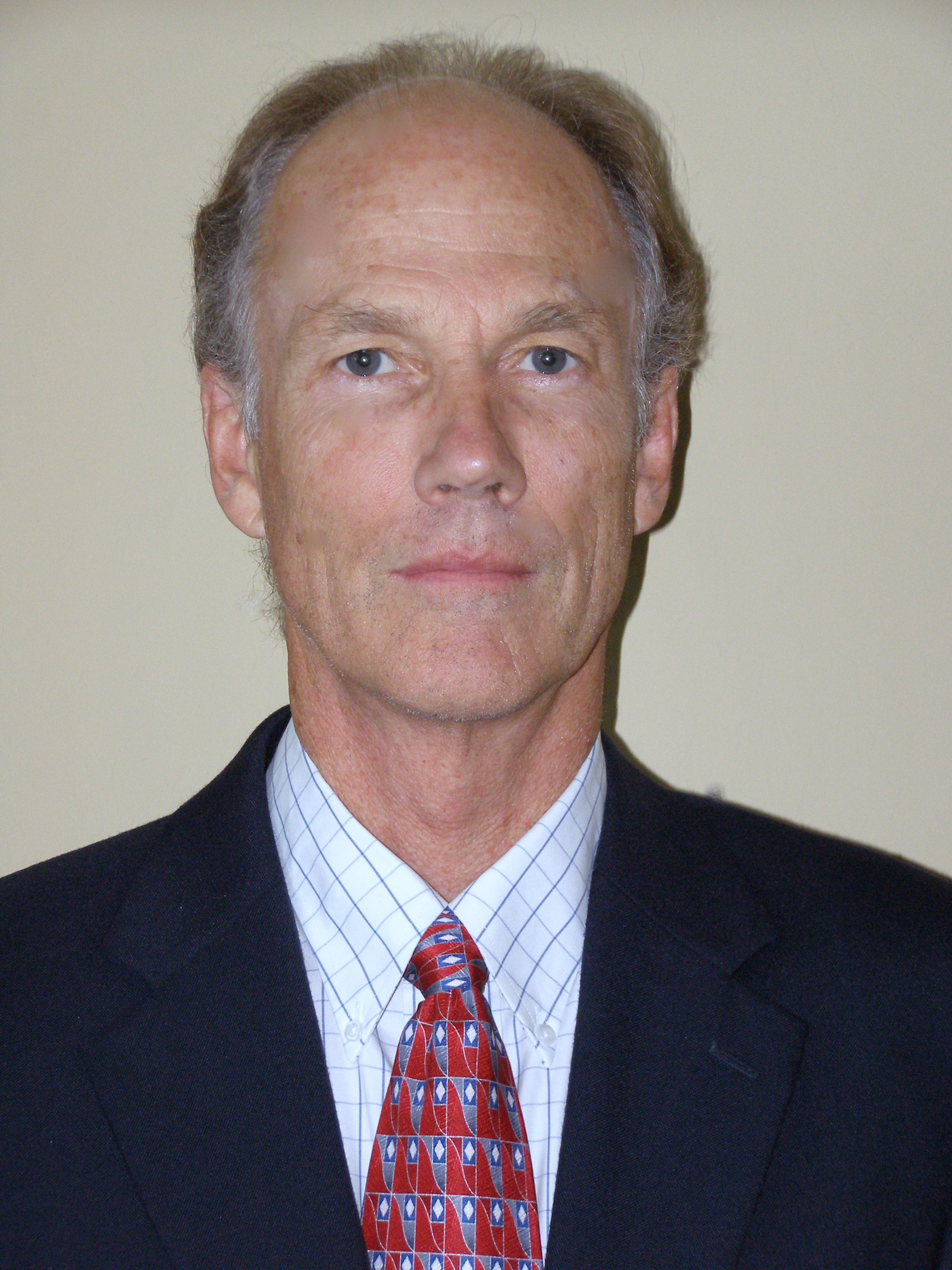The more you exercise, the more those pounds should just melt off, right?
Not always — this according to a recent exercise study out of the United Kingdom.
Conducted by scientists from Loughborough University in Britain, the study concludes that exercise as a weight-loss strategy is tricky, complex and not as relational as one might think.
To provide a deeper understanding of the nature of weight loss, ASU Now turned to Glenn A. Gaesser, an Arizona State University professor of exercise and health promotion in the College of Health Solutions.
Glenn A. Gaesser
Question: A recently published by the Journal of Endocrinology shows that exercise isn’t always a foolproof weight-loss strategy in large part because exercise makes you hungrier and many people wind up consuming more calories than they normally would. What is your philosophy?
Answer: This was a short-term study, only looking at a few hours after exercise. The real issue is what happens long-term. Most studies show that weight loss from exercise training of any type is far less than what is expected on the basis of the cumulative calories burned during all exercise sessions combined.
This is because the human body tends to defend its “set-point” weight, much the same way a thermostat is designed to maintain a “set” temperature. This involves a number of physiological and hormonal responses that essentially prevent chronic exercise from reducing body weight to unhealthy levels. The same is true when people diet.
“Adaptive thermogenesis” prevents most people from losing weight and/or maintaining weight loss. Set-point is an individual thing, determined largely by genes but also environment. It also tends to increase with age.
Q: How do different types of exercise affect appetite?
A: This is a tough one. Higher-intensity exercise (think sprint-type interval exercise) typically suppresses appetite — at least initially. But the real issue is, as I mentioned earlier, what happens in the long term? Eventually, hunger comes back and we eat. That is why virtually every study that has been published on exercise training and weight loss shows minimal effects.
Q: Are there any good non-exercise habits or methods that blunt appetite?
A: Good luck with that one. Trying to blunt appetite is essentially trying to battle biology, and biology inevitably wins. For individuals trying to lose some weight via exercise, I would suggest assessing progress fairly frequently with the scale and making adjustments accordingly.
We also published an article in the New York Times a couple of years ago showing that weight loss early on during an exercise program was also a significant predictor of weight (and fat) loss at the end of the exercise program.
Q: I’ve heard that chocolate milk is the best thing to have after a workout. True or false?
A: Chocolate milk is fine — I love it. It’s got carbs and protein, but not necessarily the best. The overall 24-hour dietary intake is far more important than what you eat right after a workout.
Top photo courtesy of Pixabay
More Health and medicine

Making medicine side-effect free
Many drugs that address medical conditions can come with serious side effects. In drug commercials, the litany of potential side effects is often longer than the benefits being touted. Carl…

Diagnostic research happening at ASU focused on detecting diseases earlier to save lives
It was one of America’s founding fathers, Benjamin Franklin, who may have foreshadowed today’s health care innovation when he quipped the adage: An ounce of prevention is worth a pound of cure.In…

Fighting the fungus among us
It starts with a spore.When inhaled, spores of the coccidioides fungus can cause coccidioidomycosis — better known as valley fever. The spores may be fungi, but they are no fun.Valley fever usually…



